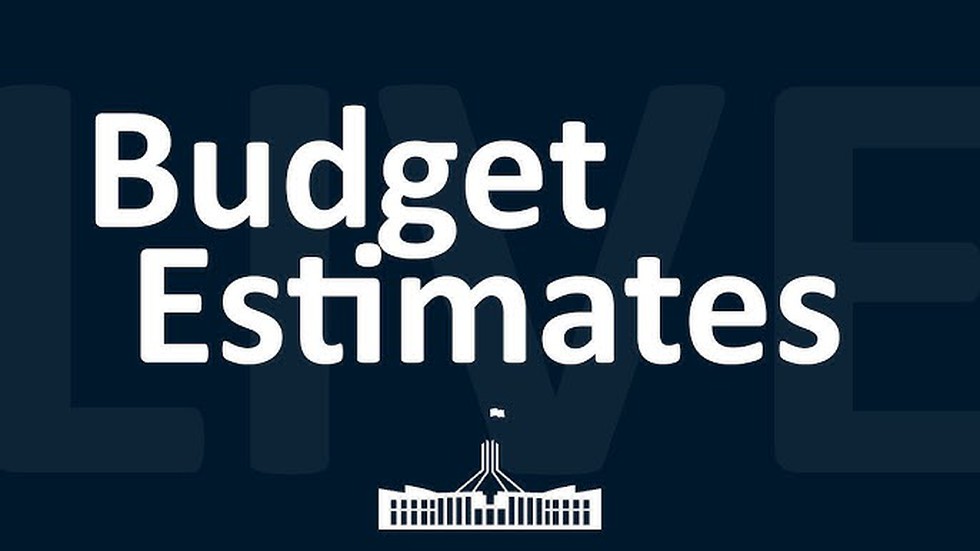About Estimates Committee of Parliament:
- It was constituted for the first time in 1950.
- It is a parliamentary committee consisting of 30 members, elected every year by the Lok Sabha from amongst its members, to examine the budget estimates of the Union Government.
- The Chairperson of the Committee is appointed by the Speaker from amongst its members.
- A Minister cannot be elected as a member of the Committee and if a member after selection to the Committee is appointed a Minister, the member ceases to be a Member of the Committee from the date of such appointment.
- The term of office of the Committee is one year.
- Functions: It has powers to examine the budget estimates and
- to report what economies, improvements in organisation, efficiency, or administrative reform, consistent with the policy underlying the estimates, may be effected;
- to suggest alternative policies in order to bring about efficiency and economy in administration;
- to examine whether the money is well laid out within the limits of the policy implied in the estimates; and
- to suggest the form in which the estimates shall be presented to Parliament.
- The Committee may continue the examination of the estimates from time to time throughout the financial year and report to the House as its examination proceeds.
- It shall not be incumbent on the Committee to examine the entire estimates of any one year.
- The Demands for Grants may be finally voted on notwithstanding the fact that the Committee has made no report.
- The Committee does not exercise its functions in relation to such Public Undertakings as are allotted to the Committee on Public Undertakings by the Rules of Procedure and Conduct of Business of Lok Sabha or by the Speaker.
- Working:
- Soon after it is constituted, the Committee selects such of the estimates pertaining to a Ministry/Department of the Central Government or such of the statutory and other bodies of the Central Government as may seem fit to the Committee.
- The Committee also examines matters of special interest which may arise or come to light in the course of its work or which are specially referred to it by the House or the Speaker.
- The Committee, from time to time, appoints one or more Sub-Committees/Study Groups for carrying out detailed examinations of various subjects.
- The observations/recommendations of the Committee are embodied in its Reports which are presented to Lok Sabha.
- The Ministry or Department concerned is required to take action on the observations/recommendations conclusions contained in the Report within a period of six months or as directed by the Committee.
- The replies of the Government are examined by the Committee and an Action Taken Report is presented to Lok Sabha.
- The replies to the recommendations contained in the Action Taken Reports are laid on the Table of Lok Sabha in the form of Statements.
